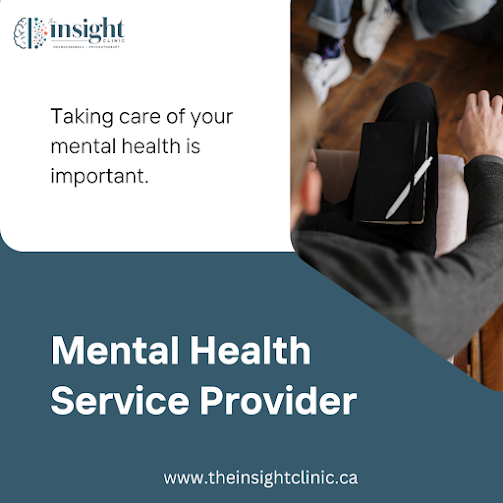Proven Strategies for Long-Term Anxiety Relief
Anxiety is a common mental health challenge that can significantly impact daily life. While short-term coping mechanisms can provide temporary relief, addressing anxiety in the long run requires sustainable strategies. In this blog, we’ll explore proven methods for achieving long-term anxiety relief, helping you build resilience and enjoy a more balanced life.
1. Cognitive Behavioral Therapy (CBT)
Cognitive Behavioral Therapy (CBT) is one of the most effective treatments for anxiety. It helps individuals identify and challenge negative thought patterns that fuel anxiety. Through structured sessions, individuals learn to replace irrational fears with more balanced thinking. CBT also incorporates exposure therapy, where individuals gradually face their fears in a controlled environment, reducing avoidance behaviors and building confidence over time.
2. Mindfulness and Relaxation Techniques
Practicing mindfulness meditation and relaxation exercises can significantly reduce chronic anxiety. Techniques such as deep breathing, progressive muscle relaxation, and guided imagery promote a state of calm, helping individuals manage stress more effectively.
- Mindfulness encourages being present in the moment, reducing overthinking and worry.
- Body scanning and meditation can lower physiological symptoms of anxiety, such as a racing heart or muscle tension.
3. Lifestyle Modifications for Anxiety Management
Making lifestyle changes can have a profound impact on anxiety levels. Key modifications include:
- Regular Exercise: Physical activity releases endorphins, which improve mood and reduce stress hormones.
- Healthy Diet: A balanced diet rich in omega-3s, magnesium, and whole grains can positively affect brain health and mood stability.
- Adequate Sleep: Poor sleep can exacerbate anxiety symptoms. Establishing a consistent sleep routine improves mental clarity and emotional regulation.
4. Medication and Medical Support
For individuals with moderate to severe anxiety, medication can be part of an effective long-term treatment plan. Common options include:
- Selective serotonin reuptake inhibitors (SSRIs) and benzodiazepines, which help regulate brain chemistry and reduce anxiety symptoms.
- Medication in combination with therapy often provides more comprehensive relief than medication alone.
Always consult a mental health professional before starting or adjusting any medication regimen.
5. Building a Support Network
Long-term anxiety management benefits greatly from emotional support. Connecting with friends, family, or support groups creates a sense of belonging and reduces feelings of isolation.
- Therapeutic support groups offer a safe space to share experiences and learn from others.
- Regular social interactions can reduce loneliness, which is often linked to higher anxiety levels.
6. Stress Management and Coping Techniques
Learning how to manage daily stressors is essential for long-term anxiety relief. Strategies include:
- Time management and prioritization: Reducing overwhelming tasks into manageable steps can prevent stress build-up.
- Journaling and self-reflection: Writing about your thoughts and emotions can help identify triggers and develop coping strategies.
- Setting boundaries: Protecting your mental space by saying no to excessive responsibilities can reduce stress.
7. Professional Anxiety Treatment
For individuals seeking long-term relief, working with qualified mental health professionals is crucial. Psychotherapy, counseling, and specialized treatments can help you develop sustainable coping skills.
Conclusion
Overcoming anxiety for the long term requires a combination of therapy, self-care, lifestyle changes, and support systems. By adopting these proven strategies for anxiety relief, you can build resilience and enjoy a calmer, more fulfilling life.
If you're looking for personalized anxiety treatment, reach out to The Insight Clinic today and take the first step toward long-term mental wellness.




Comments
Post a Comment